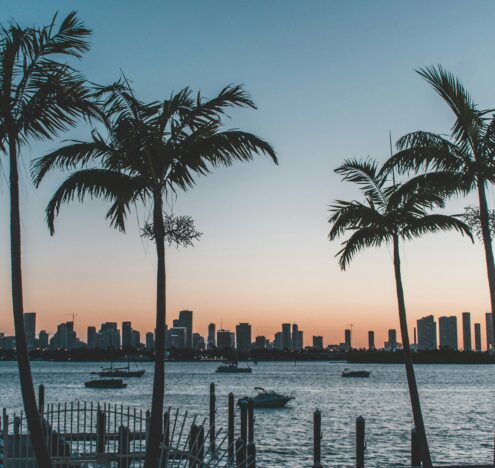This analysis was featured in Critical State, a weekly newsletter from Inkstick Media and The World. Subscribe here.
When a pandemic hits, the nature of its disruption is universal. Governments responded to the spread of COVID-19 wherever it went, in many cases by adopting lockdowns, masking, and social distancing measures designed to first halt and then limit the spread of the disease. Armed groups, from insurgent forces to political rebellions through territory-contesting criminal enterprise, can all also be forms of governance.
Erica De Bruin and Michael Weintraub explore this new development in “Did Covid-19 Change Armed Group Governance? Evidence from a Survey of Local Security Authorities in Colombia.” Colombia is a good case study since it has multiple armed groups contesting space, political legitimacy, and, especially, illicit economic activity.
Armed groups were either unwilling or unable to take advantage of the disruption caused by the pandemic.
“In addition to its public health and economic consequences, the pandemic also impeded the state’s capacity to respond to security threats. The national police were suddenly tasked not only with patrolling streets to prevent crime and carrying out criminal investigations: they also were charged with monitoring compliance with quarantine measures and, once the quarantine was lifted, with ensuring the use of face masks and preventing overcrowding in public and private spaces,” write the authors. Even though the police had an expanded mandate, it was also suffering officer shortages, as the disease spread through police ranks as easily as the civilian population.
To assess whether or not armed groups used these disruptions to expand their governance, in July and August 2021, De Bruin and Weintraub conducted a survey of local security officials from municipalities contested by multiple armed groups.
What the officials reported, instead, was the largely unchanged role of armed groups, or if anything, a retreat from areas in which they had previously operated. Complicating previous literature on this, though not the overall trend of the study, was that multiple different armed groups engaged in governance activities in the same area. These governance activities include settling disputes, imposing a tax, and creating rules of behavior, and rates of those activities were largely unchanged from before the pandemic to during the pandemic. One area in which governance expanded somewhat was the direct provision of financial aid, like access to jobs, which diminished compared to what armed groups had been able to provide before COVID-19.
“Moreover, the extent and forms of governance in which armed groups engaged remained quite similar before and after the onset of the pandemic. Those armed groups that provided public goods tended to continue to do so during the pandemic; those that had not done so beforehand did not capitalize on the pandemic to expand service provision or the regulation of civilian life,” write the authors.
Ultimately, the authors conclude, armed groups were either unwilling or unable to take advantage of the disruption caused by the pandemic. The reasons for why, exactly, they were unable to do so will have to be the subject of future study.




















